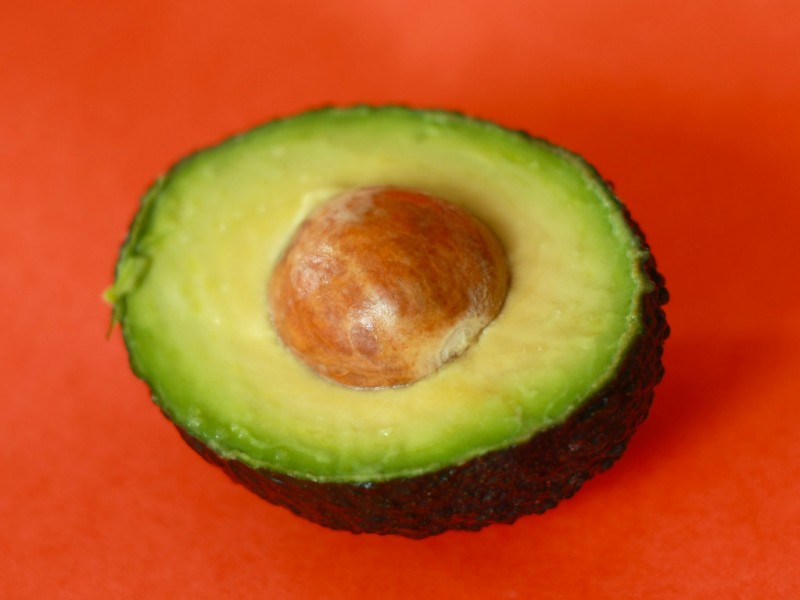Meta-analysis findings show reductions in bad cholesterol when avocado swapped for solid fat
Can a single ingredient swap make an impact on health? According to the recently released 2015-2020 Dietary Guidelines for Americans, small shifts in food choices can make a big difference; including a shift from solid fats to oils, like the oil in fresh avocados. On the heels of this advice, a new meta-analysis (considered the best evidence and an unbiased overview of the body of knowledge on a specific topic), published in the Journal of Clinical Lipidology, adds to the growing body of research that supports the use of avocados in lieu of solid fats (and foods that have higher saturated fat content) to significantly change lipid profiles.
The research, “Impact of avocado-enriched diets on plasma lipoproteins: A meta-analysis,” conducted at the University of the Pacific and independently funded , looked at 10 unique avocado studies with 229 participants, assessing the impact of fresh avocados on cholesterol levels. Researchers found avocado consumption (1 to 1.5 per day) significantly reduced total cholesterol (TC), “bad” low density lipoprotein cholesterol (LDL-C) and triglycerides (TG) when they were substituted for sources of saturated fat. Additionally, avocado consumption did not impact “good” high density lipoprotein cholesterol (HDL). However, the optimal amount of avocado and frequency of use needs further evaluation along with the nutritional similarities and differences between other different MUFA sources. Larger trials looking at the impact of fresh avocados on major adverse cardiovascular events are warranted. (See conclusion of study)
“Interestingly, our results indicate that even healthy subjects with a relatively normal baseline TC (100 to 240 mg/dL), LDL-C (75 to 150 mg/dL), and TG (50 to 175 mg/dL) had significant reductions,” says Sachin Shah, PharmD, corresponding author and expert in cardiovascular health.
As we head into American Heart Health Month (February) it’s important to remind people that they have the power to help control their risk factors for developing heart disease by exercising regularly, knowing cholesterol levels and keeping them under control and maintaining a healthy weight. Cardiovascular disease is responsible for one out of every four deaths; it is the number 1 killer of American women and men, and it is a leading cause of disability.
“Fresh avocado, as part of a balanced diet, and as a cholesterol-free substitute for solid fats, can help be part of the solution for maintaining normal cholesterol levels,” says Nikki Ford, PhD, Director of Nutrition, Hass Avocado Board. “Beyond their naturally good fats, avocados are also a delicious way to boost fiber (8 percent of DV) and fruit intakes, both of which are under consumed in American diets.”
The Hass Avocado Board (HAB) continues to be a leader in educating health professionals and consumers on the benefits of avocados. HAB recently created a series of simple, quick to prepare interactive meal makeovers to show people how to make small shifts in their diets by substituting fresh avocados for other foods or ingredients higher in saturated fats.
“This study supports the body of research showing the many benefits that fresh avocados have to offer when consumed in everyday healthy eating plans,” says Emiliano Escobedo, Executive Director, HAB. “Through our nutrition research program, established in 2010, we are committed to increase awareness and improve understanding of the unique benefits of avocados to human health and nutrition. Clinical studies are currently underway to investigate the relationship between avocado consumption and risk factors for heart disease, diabetes, support of weight management and healthy living.”
Source: Hass Avocado Board
Journal: Journal of Clinical Lipidology
Funder: Independently Funded
Image credit: Jennifer from Vancouver, Canada [CC BY 2.0], via Wikimedia Commons

